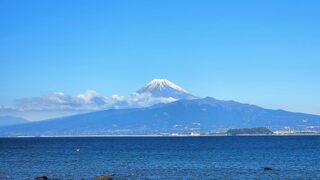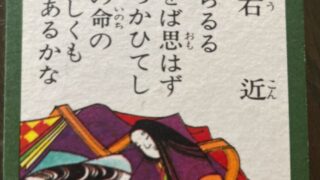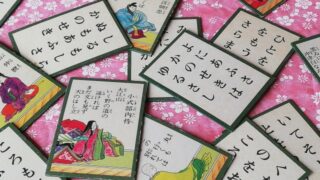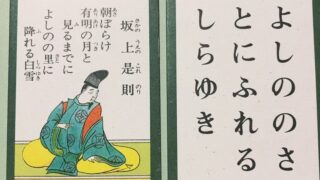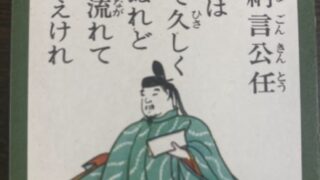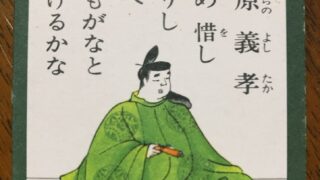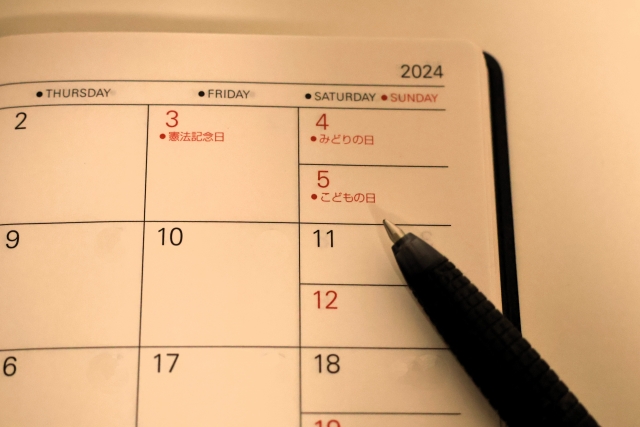日本ではゴールデンウィークの真っ最中です。初夏ですが、今年は少し寒いです。「初夏」とは、日本語では、春の終わりから夏の初めの季節を表す言葉です。4月後半から5月初めにかけての時期です。暖かくて過ごしやすい季節です。
今回は5月3日の祝日、憲法記念日と日本国憲法について説明します。
We are in the middle of Golden Week in Japan. It is early summer, but a little cold this year. ”Syoka” is the Japanese word for the season from the end of spring to the beginning of summer, from late April to early May. It is a warm and pleasant season.
In this post, I will explain the May 3 national holiday, Constitution Day, and the Japanese Constitution.
憲法記念日 Constitution Day
現在の日本の憲法、日本国憲法は、1947年5月3日に施行されました。
この日を記念して、5月3日は憲法記念日という祝日になりました。この日は「日本国憲法の施行を記念し、国の成長を願う」日です。
「記念する」とは、過去の出来事や人のことを思い出し、その大切さについてよく理解することです。
簡単に言うと、この日は、日本国憲法のことをよく理解し、国の将来についても考えるための日です。
Constitution of Japan went into effect on May 3, 1947.
May 3 became a national holiday called Constitution Day to commemorate this day. It is a day to “commemorate the enforcement of the Constitution of Japan and to celebrate the growth of the nation.
To “記念する” means to remember past events and people, and to deepen our understanding of their importance.
Simply put, this is a day to deeply understand Japan’s Constitution and think about our country’s future.
| 施行する | enforce |
| 記念する | commemorate |
日本国憲法
日本国憲法の特徴を説明します。
日本国憲法には、「国民主権」、「基本的人権の尊重」、「平和主義」の三つの原則があります。
The following is a description of the features of the Constitution of Japan.
The Constitution of Japan contains three principles: “sovereignty of the people,” “respect for fundamental human rights,” and “pacifism.”
| 特徴 | feature |
| 国民主権 | sovereignty of the people |
| 基本的人権の尊重 | respect for fundamental human rights |
| 平和主義 | pacifism |
| 原則 | principle |
「国民主権」とは、国の政治は国民が決めるという考え方です。
“Sovereignty of the people” refers to the idea that the people have the right to make the final decision on national politics.
「基本的人権の尊重」とは、以下の基本的な人権を大切にするということです。
自由権:自由に生きる権利
平等権:平等に扱われる権利
社会権:健康で文化的な最低限度の生活をする権利
参政権:政治に参加する権利
Respect for fundamental human rights” means valuing the following basic human rights
Right to liberty: the right to live freely
Equality rights: the right to be treated equally
Social rights: the right to a minimum standard of living that is healthy and culturally appropriate
Right to suffrage: the right to participate in politics
日本国憲法における「平和主義」とは、戦争を起こさないという誓いです。
日本国憲法第九条では、国どうしの争いを解決するために、軍事力を使うこと、持つことを禁止しています。
Pacifism” in the Constitution of Japan is a pledge not to wage war. Article IX of the Japanese Constitution prohibits the use of military force to settle disputes between countries and the possession of military power.
日本国憲法については、成立過程に対する批判、安全保障の観点が抜け落ちているという批判もあり、改正するべきと考える人もいます。この日は、守るべきもの、変わるものについて、考える日になっています。
Some people think that the Constitution of Japan should be revised due to criticism of the process of its formation and the fact that the perspective of security is missing from it. This is a day to think about what should be protected and what should be changed.
| 誓い | vows |
| 争いを解決する | resolve disputes |
| 軍事力 | military power |
| 成立過程 | the process of its formation |
| 批判 | criticism |
| 安全保障 | military security |
| 観点 | perspective |
| 抜け落ちている | is missing |
| 改正する | revise |
今日もここまで読んでくれてありがとうございました。初めて見る言葉も多かったと思いますが、前に紹介したJapanese io を使いながら読むと、理解しやすくなります。とても便利な機能なので、使ってみてください。
以下に Japanese io についてのページを貼り付けます。
Thank you for reading this far today. Many of the words may have been new to you, but if you read while using the Japanese io introduced before, you will find it easier to understand. It is a very useful feature, so please try it.
Please use this very useful feature.
今回の内容について、リスニングに挑戦したい方は、以下のウェブサイトの動画を見てみてください。
If you would like to try listening comprehension to what is written in this post, please watch the video on the following website.
令和六年五月三日



